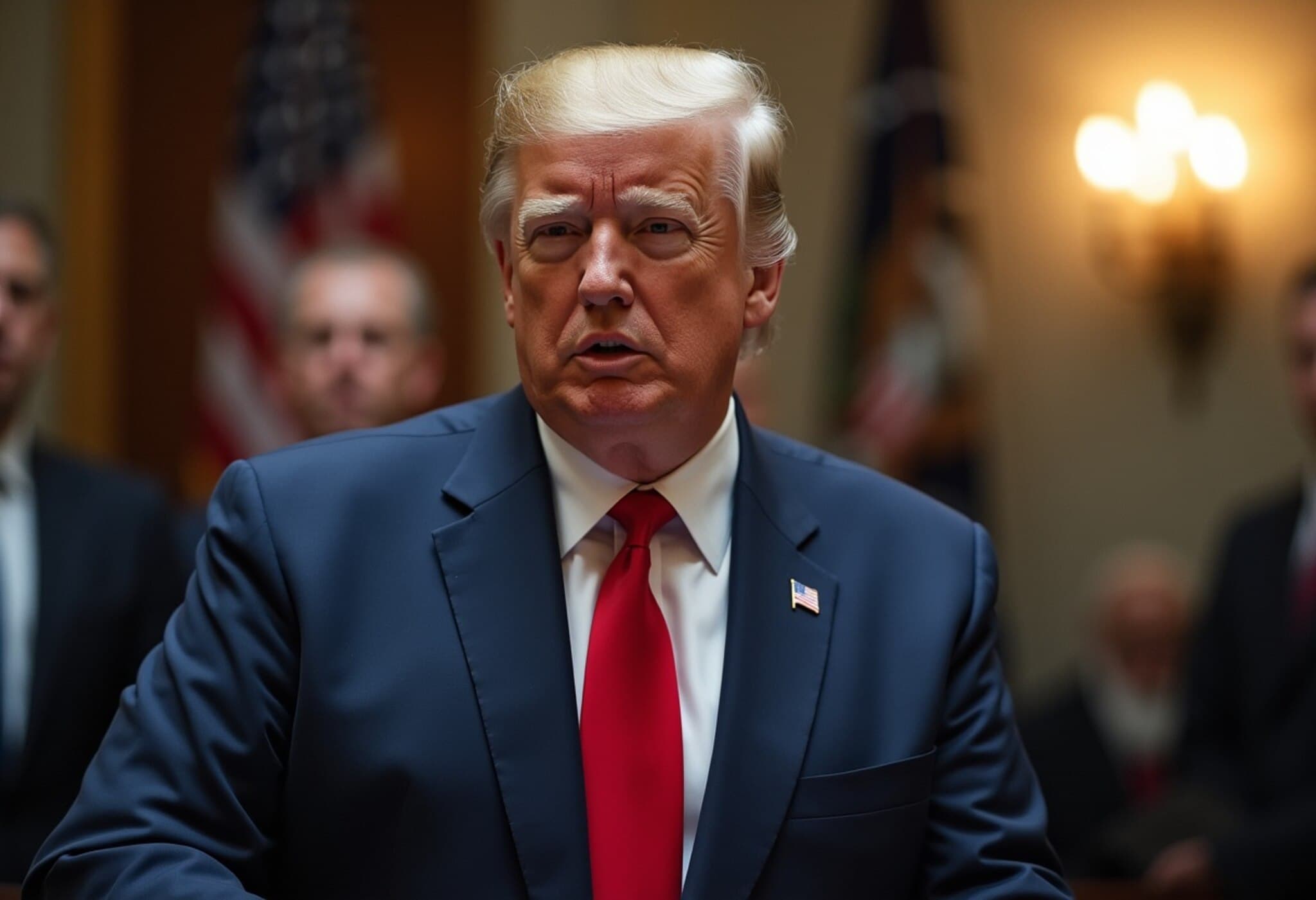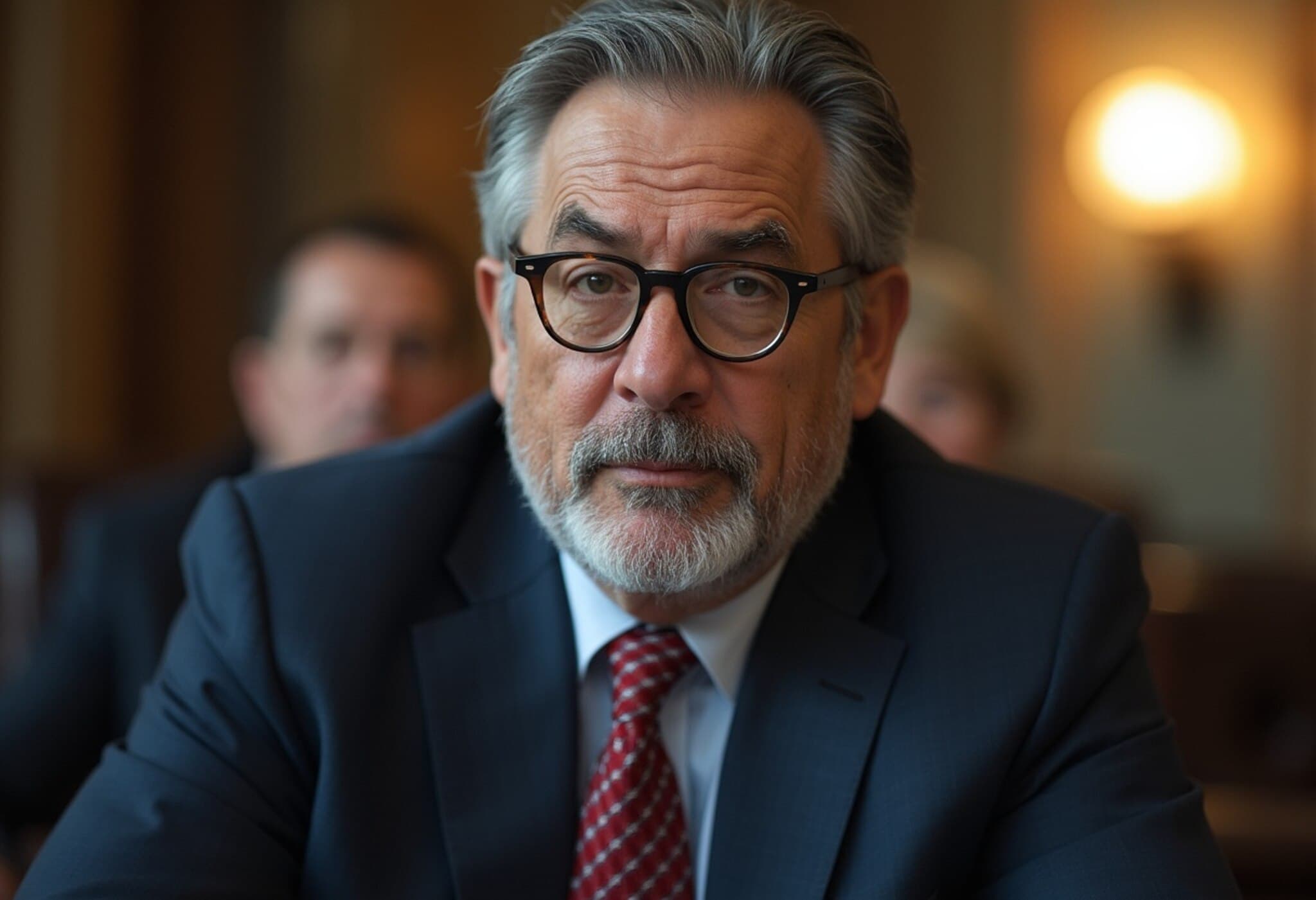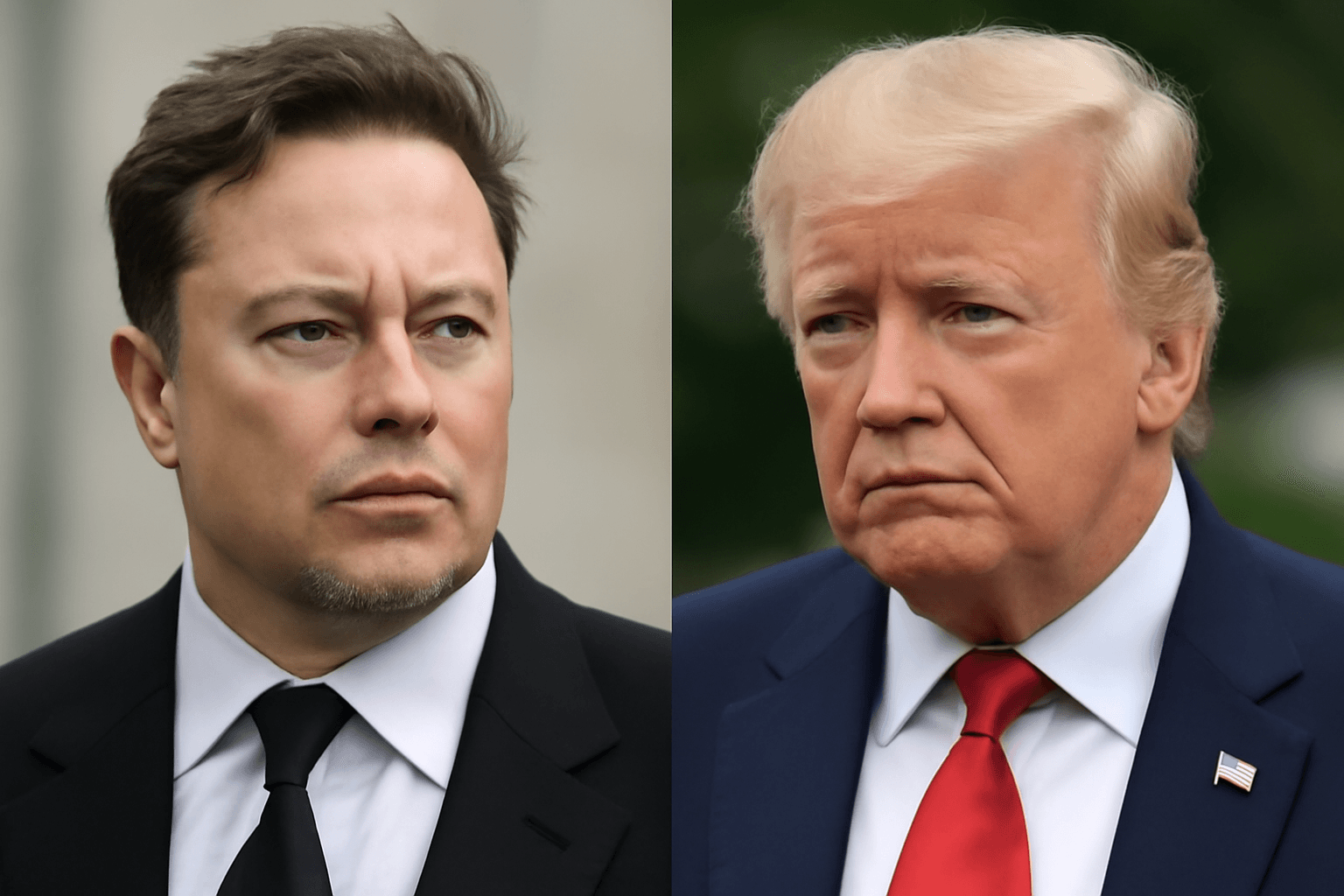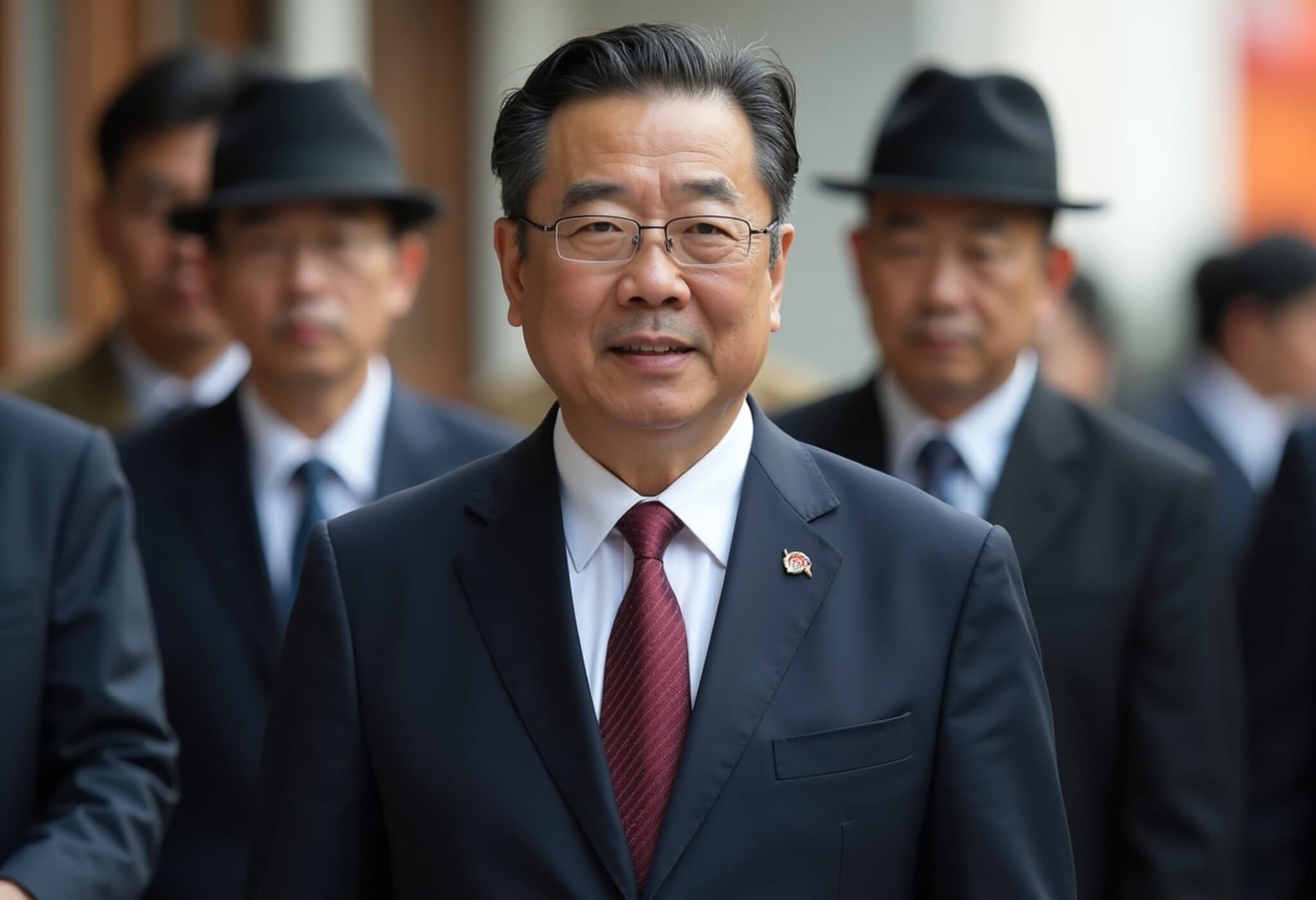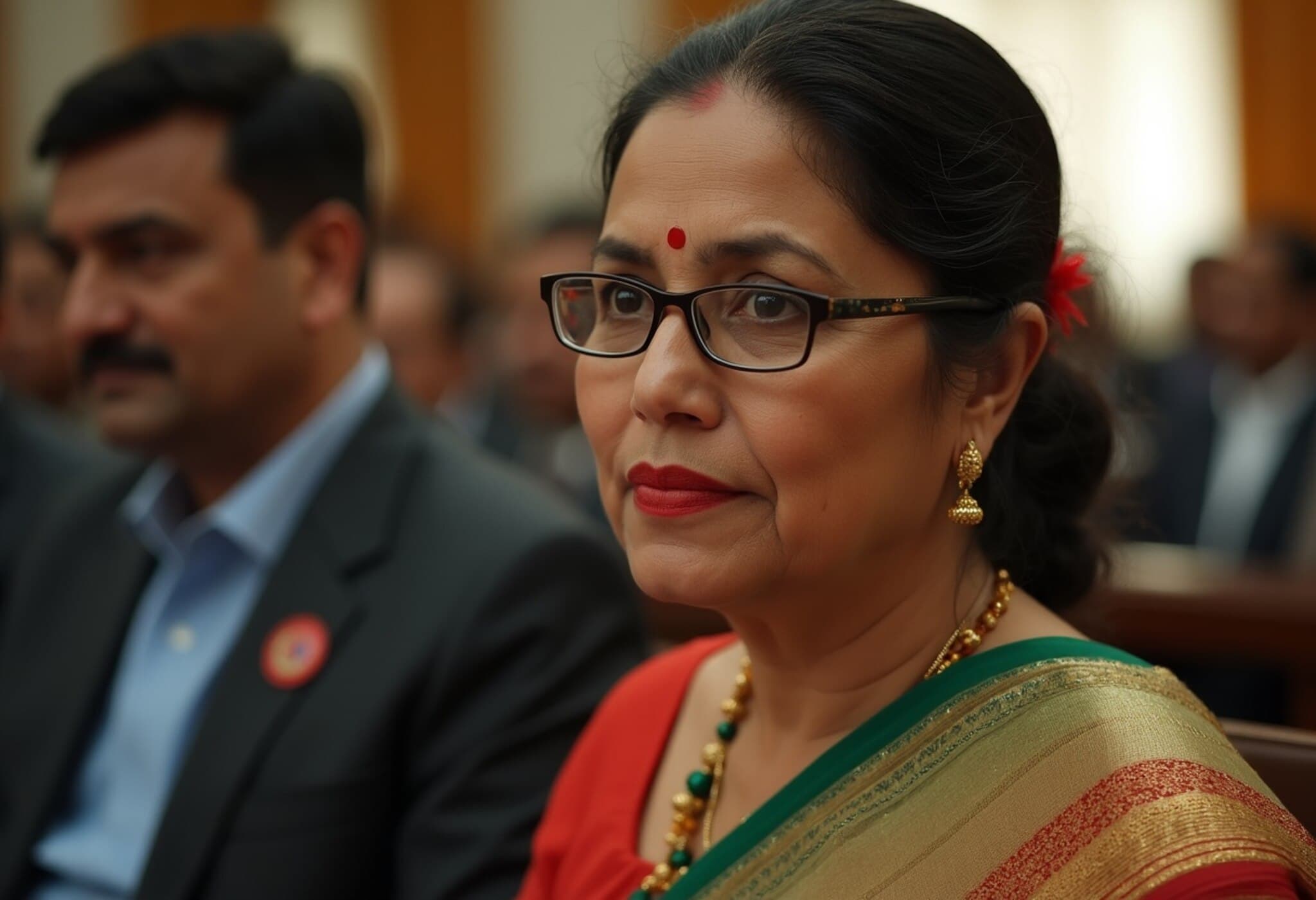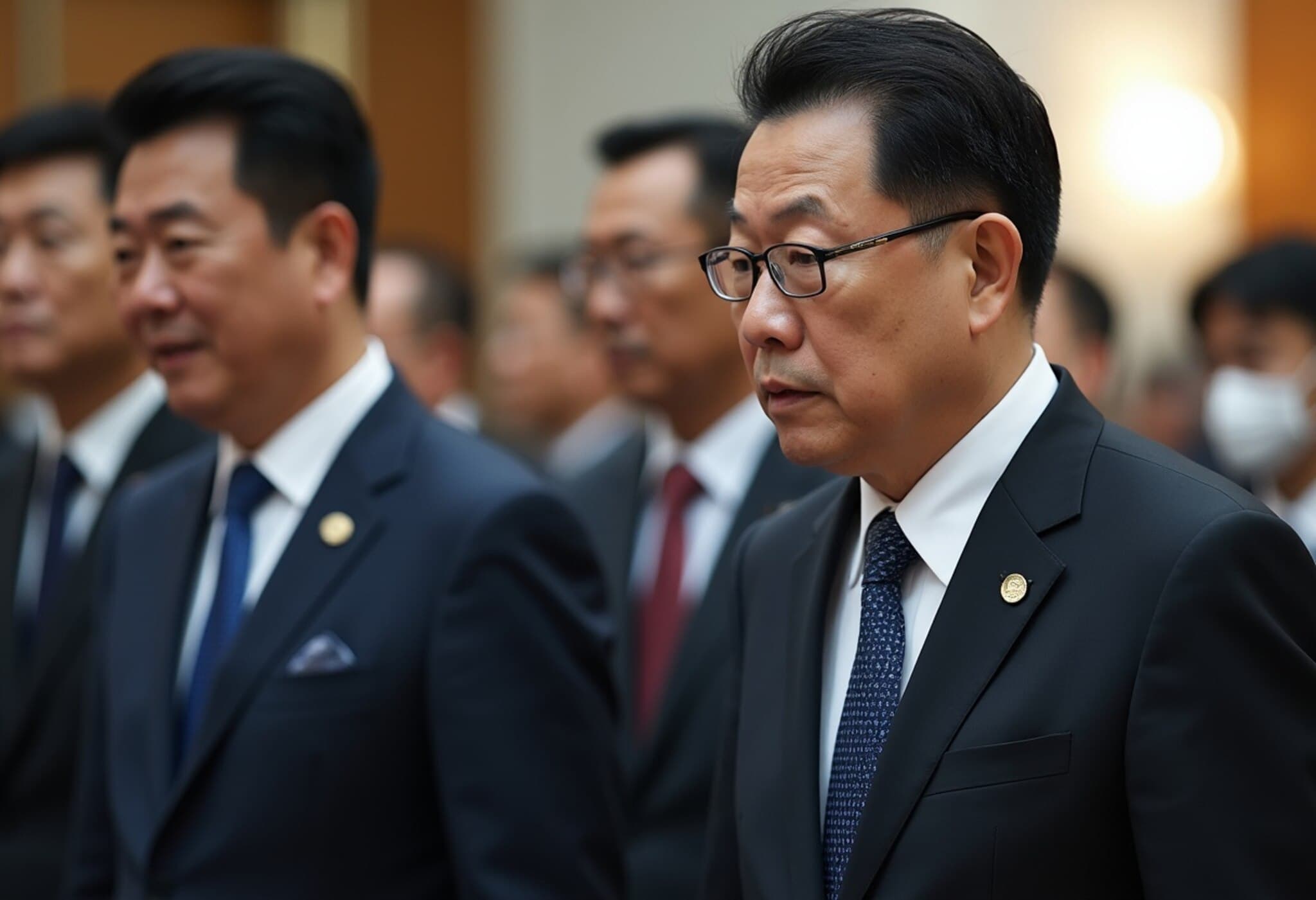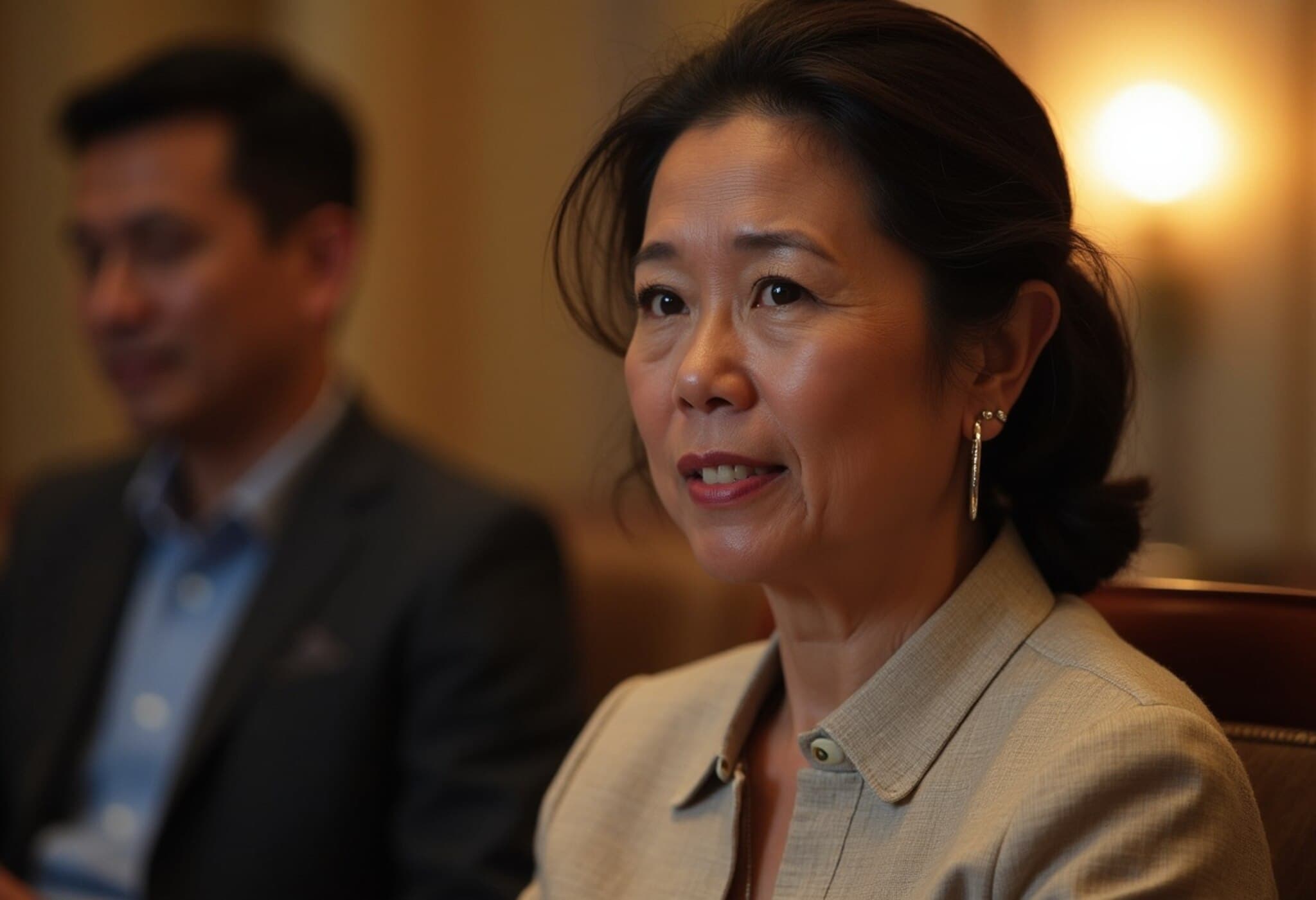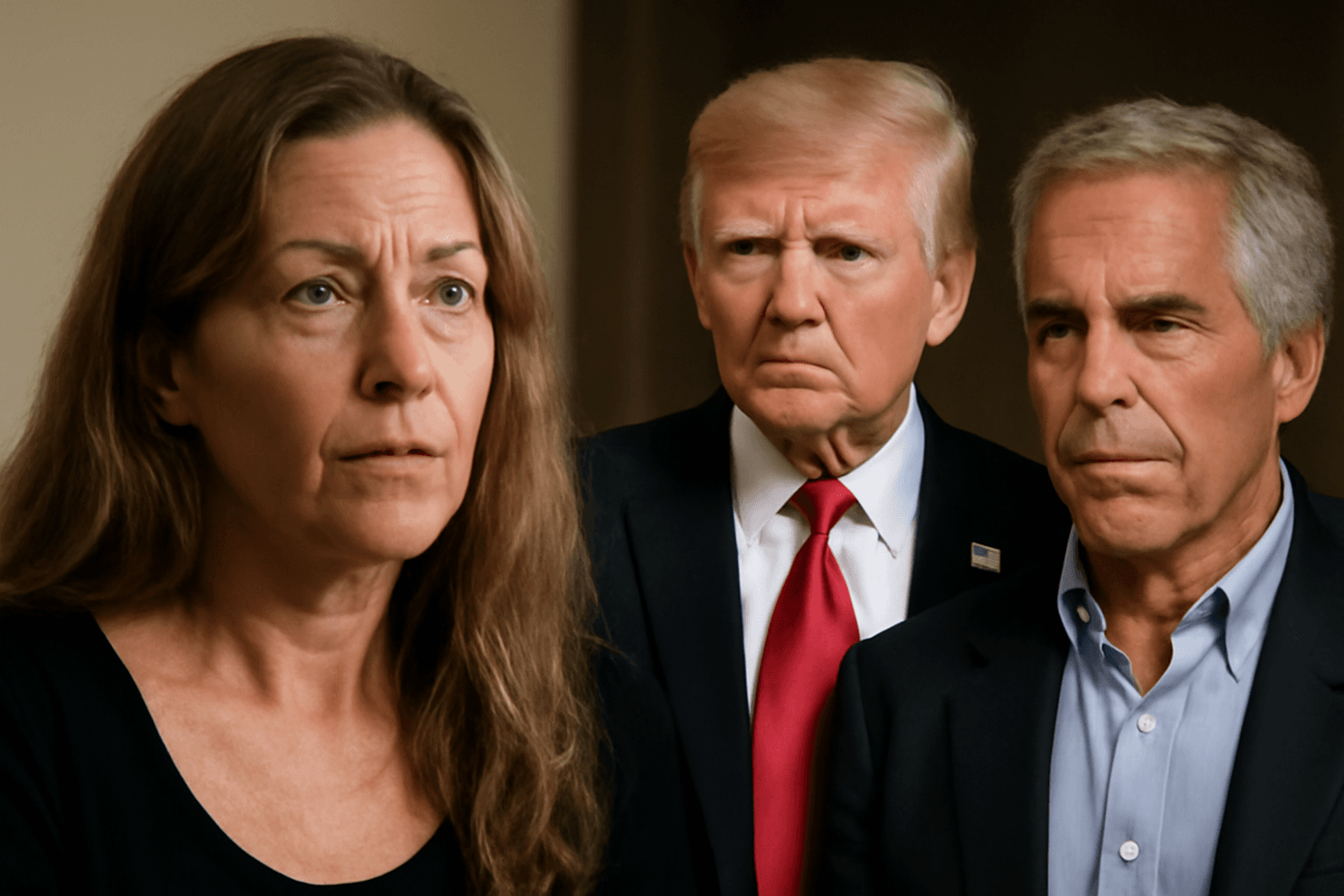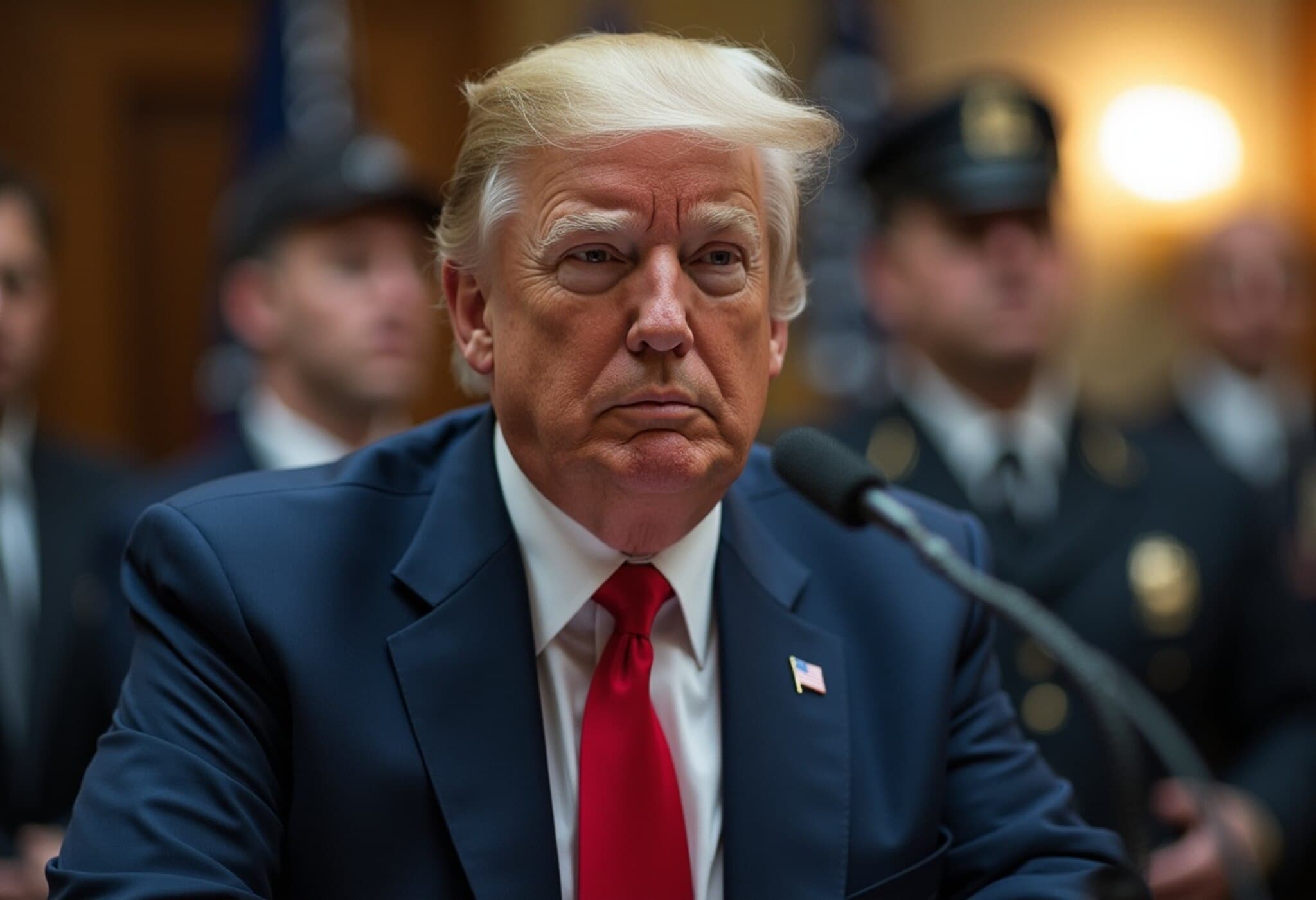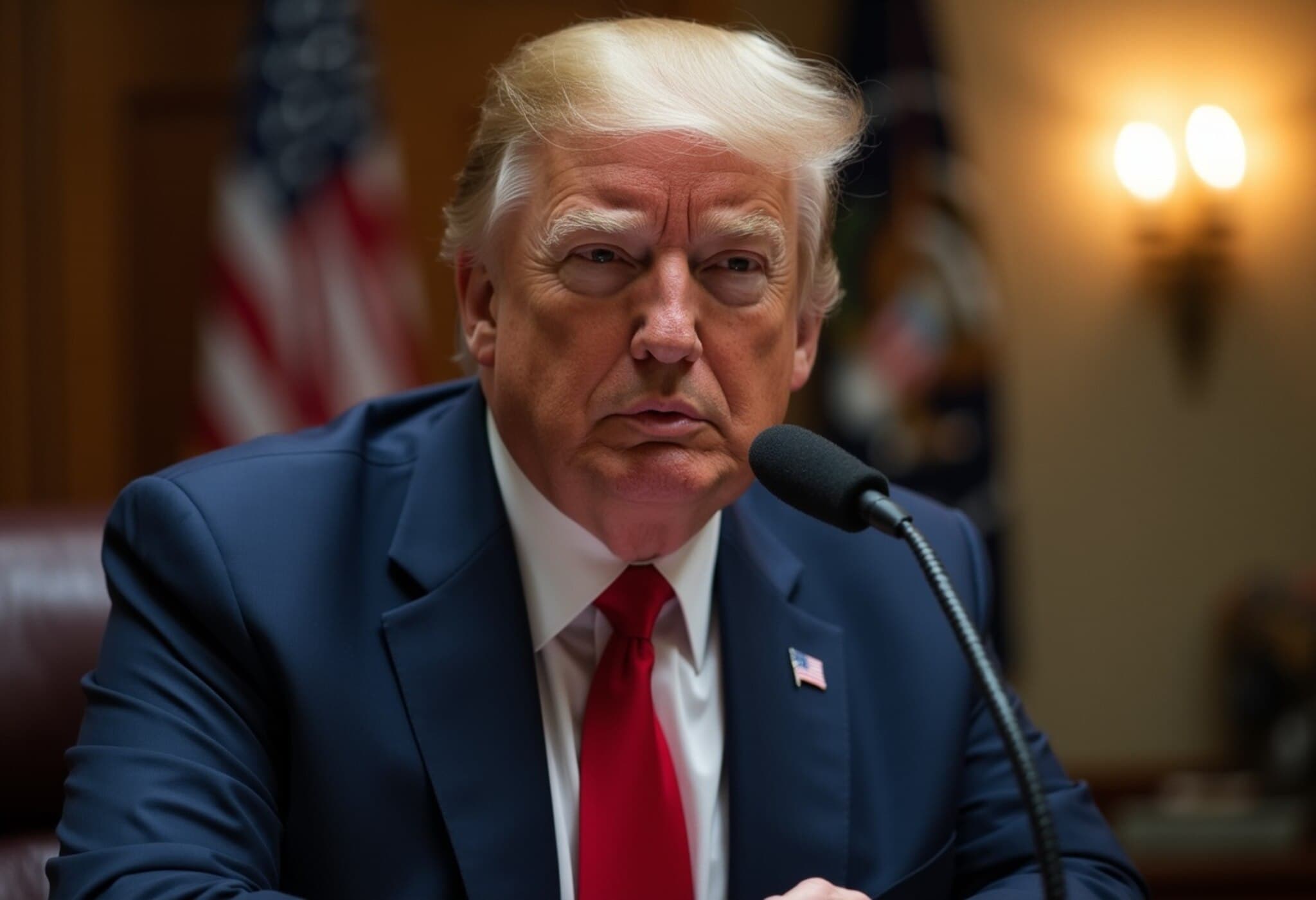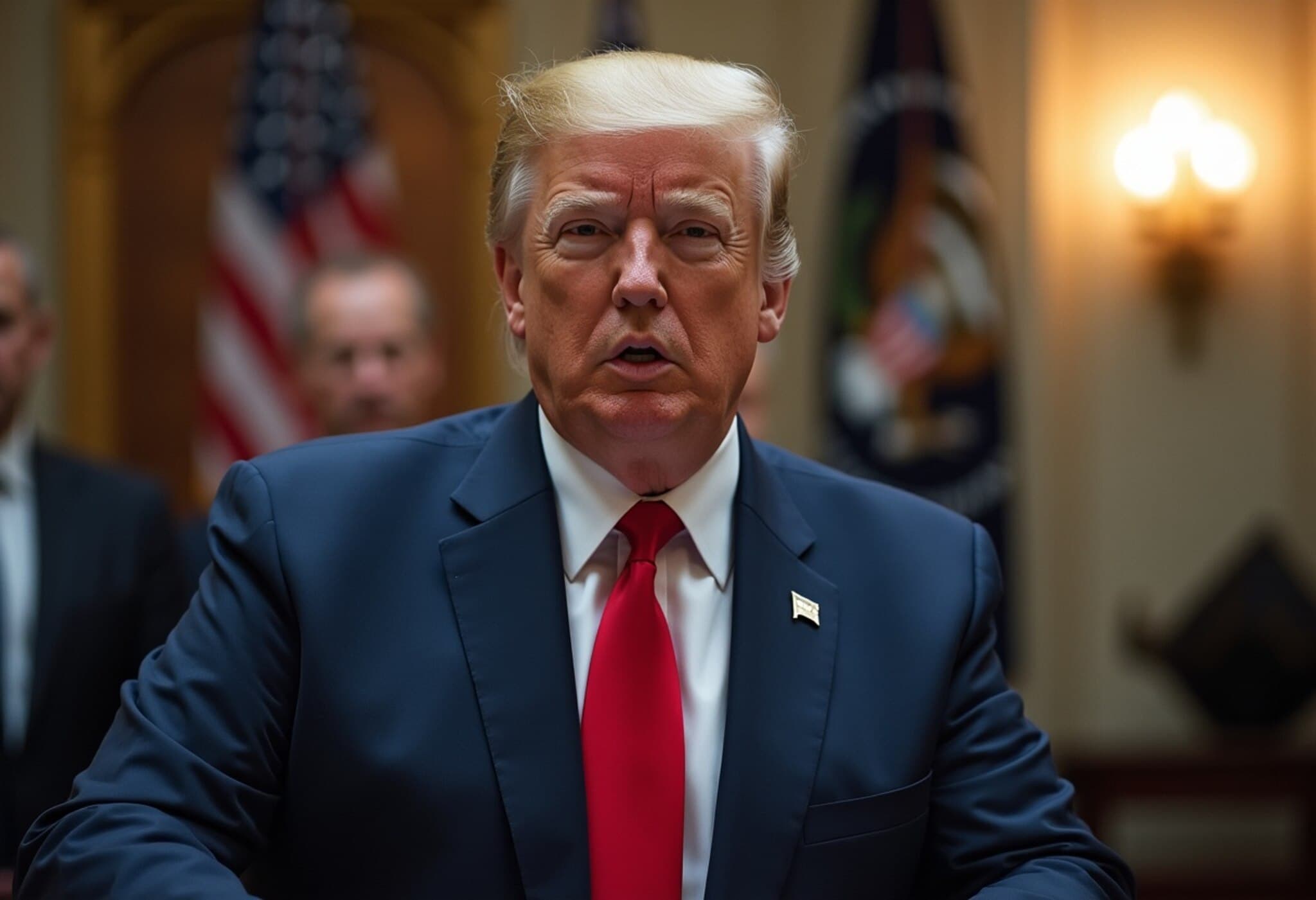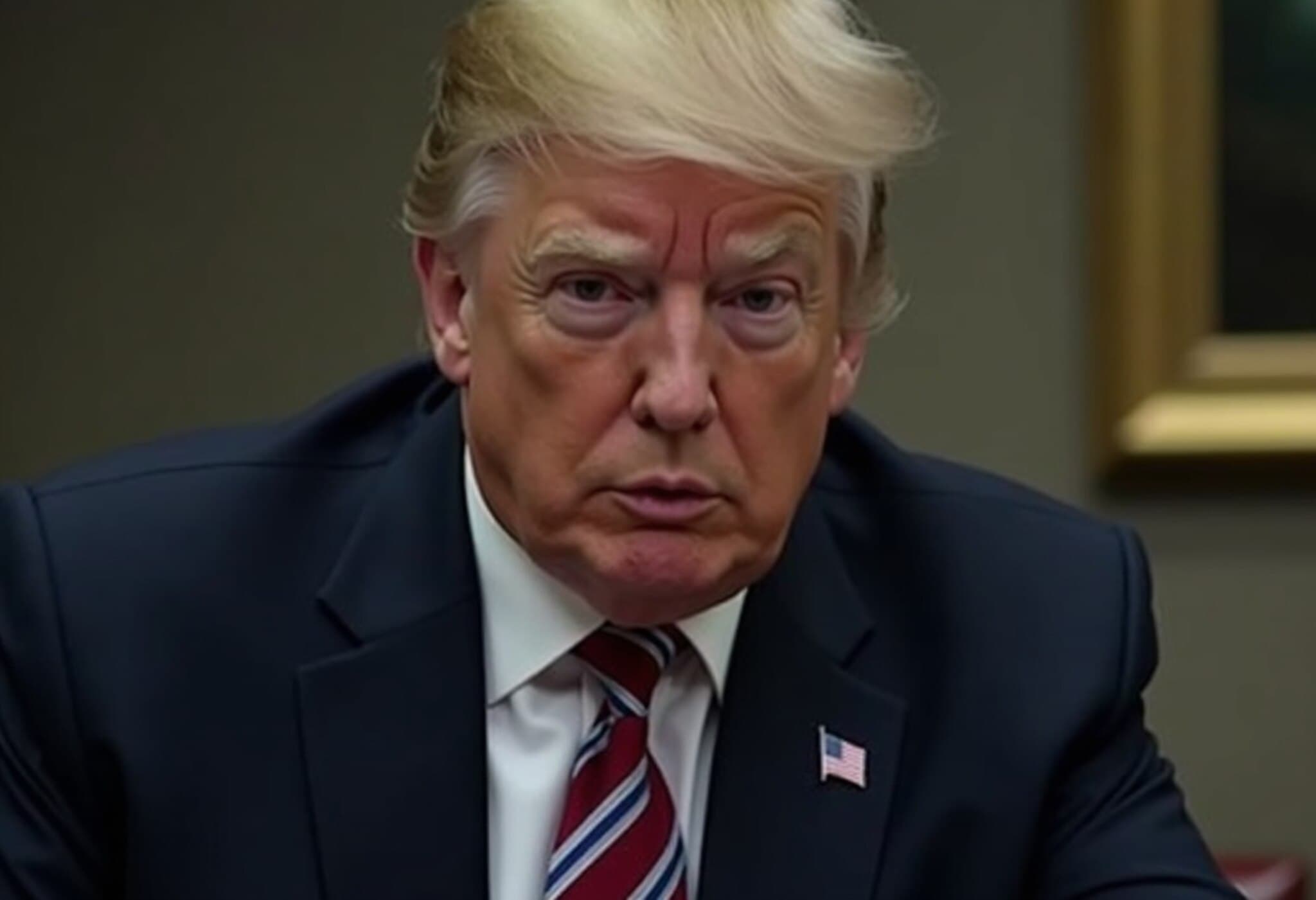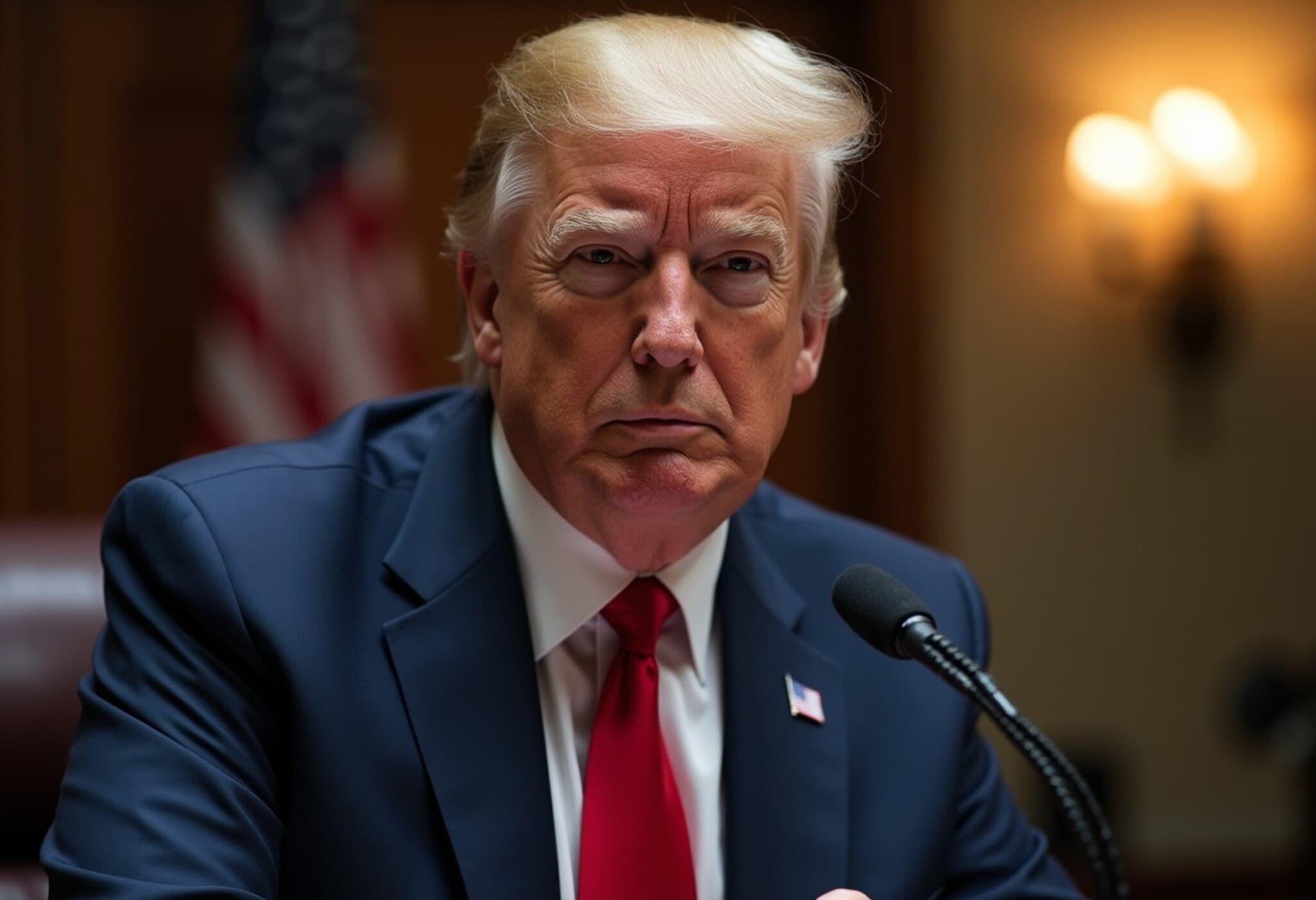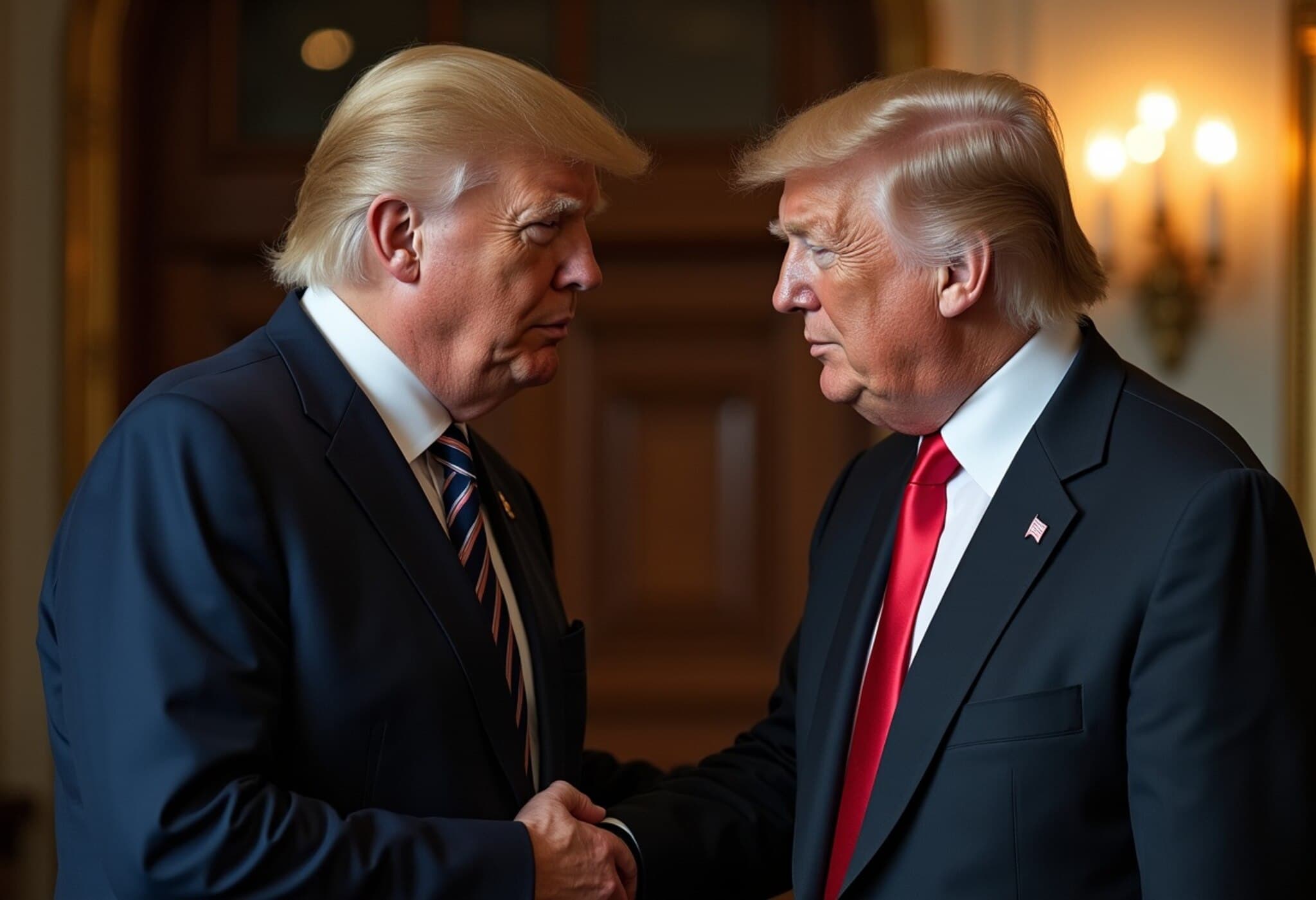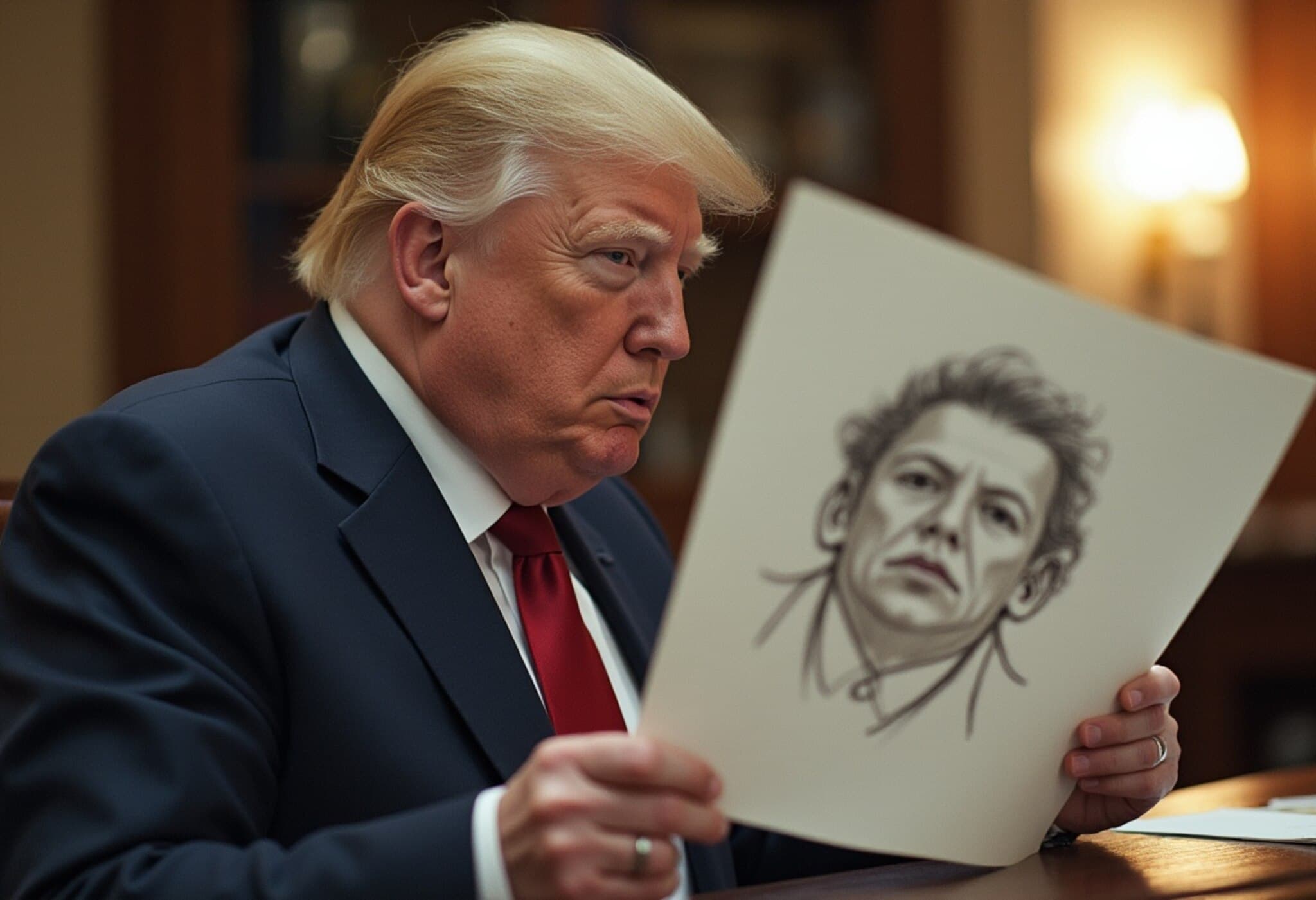Trump Calls for Unsealing of Epstein Grand Jury Testimonies
In a development that once again places the controversial Jeffrey Epstein case in the national spotlight, President Donald Trump announced on Thursday that he has requested Attorney General Pam Bondi to petition for the release of grand jury transcripts related to Epstein's criminal prosecution. This marks a significant political move, as demand grows from various quarters for greater transparency around the wealthy financier’s extensive legal files.
Context Behind the Demand
Jeffrey Epstein was indicted in 2019 on charges of sex trafficking minors, an indictment that came after years of public speculation and limited legal disclosures. The grand jury transcripts requested by Trump offer testimony collected behind closed doors, which, under federal rules, are typically kept confidential barring very narrow exceptions. Attorney General Bondi responded promptly, indicating readiness to move swiftly to unseal these records subject to judicial approval.
The Political Undercurrents and Public Speculation
This announcement comes just hours after The Wall Street Journal revealed a ’bawdy’ letter, bearing Trump’s signature, was part of an album of birthday cards Epstein received when he turned 50 in 2003. This revelation added fuel to the speculation surrounding the nature of the connections between Epstein and influential figures, including Trump himself.
Trump publicly framed his request as an effort to end what he termed a Democrat-perpetrated ‘SCAM’ of conspiracy theories surrounding Epstein’s network. Supporters within Trump’s political base have long speculated about the existence of a so-called ’client list’ — a rumored roster of powerful individuals allegedly implicated by Epstein’s operations. These conspiracy theories have persisted despite FBI assessments to the contrary.
Legal Hurdles and the Scope of Disclosure
Federal judges, particularly in New York where Epstein’s case was prosecuted, traditionally uphold strict confidentiality over grand jury proceedings. Thus, the path to releasing these documents is fraught with legal challenges. Even if unsealed, experts caution that transcripts represent only a sliver of the compiled evidence — the larger trove remains under tight wraps.
Underreported Angle: The Limits of Transparency in High-Profile Cases
This situation highlights the intricate balance the justice system must strike between transparency and protecting the integrity of ongoing or sensitive investigations. The Epstein matter illustrates how calls for openness can clash with procedural safeguards designed to prevent undue influence on judicial processes.
Moreover, the FBI’s recent memo concluding there was no credible evidence of Epstein blackmailing prominent individuals counters many popular theories but does not quell public skepticism. Added to this are revelations that three minutes of video footage from the night of Epstein’s death were mysteriously cut — a detail feeding persistent doubts about the official suicide ruling.
Regional and Policy Implications
From a U.S. legal and policy standpoint, this episode underscores challenges in handling sensitive investigations involving elite figures. It also intensifies debates about justice equity, media influence, and the public’s right to information versus national security or privacy concerns. State and federal agencies face mounting pressure to demonstrate impartiality and thoroughness in cases involving the wealthy and well-connected.
Looking Ahead
Attorney General Bondi’s expected motion to unseal the transcripts will be closely watched. Republican leaders including former Vice President Mike Pence have also urged greater disclosure, reflecting a bipartisan appetite for clarity.
Yet, the question remains: will releasing grand jury testimony truly satisfy the public’s hunger for answers, or will it only deepen divisions amid swirling conspiracy theories? This unfolding story invites ongoing scrutiny as justice, politics, and public trust intersect.
Editor’s Note:
The Trump administration’s push to unseal Jeffrey Epstein’s grand jury testimony invites us to reflect on the broader challenges of transparency in high-stakes criminal investigations. While public demand for openness is understandable, especially in cases entangled with power and privilege, legal safeguards exist to protect due process. Observers should watch how judicial considerations balance with political pressures—and consider how these tensions shape public trust in the American justice system.

